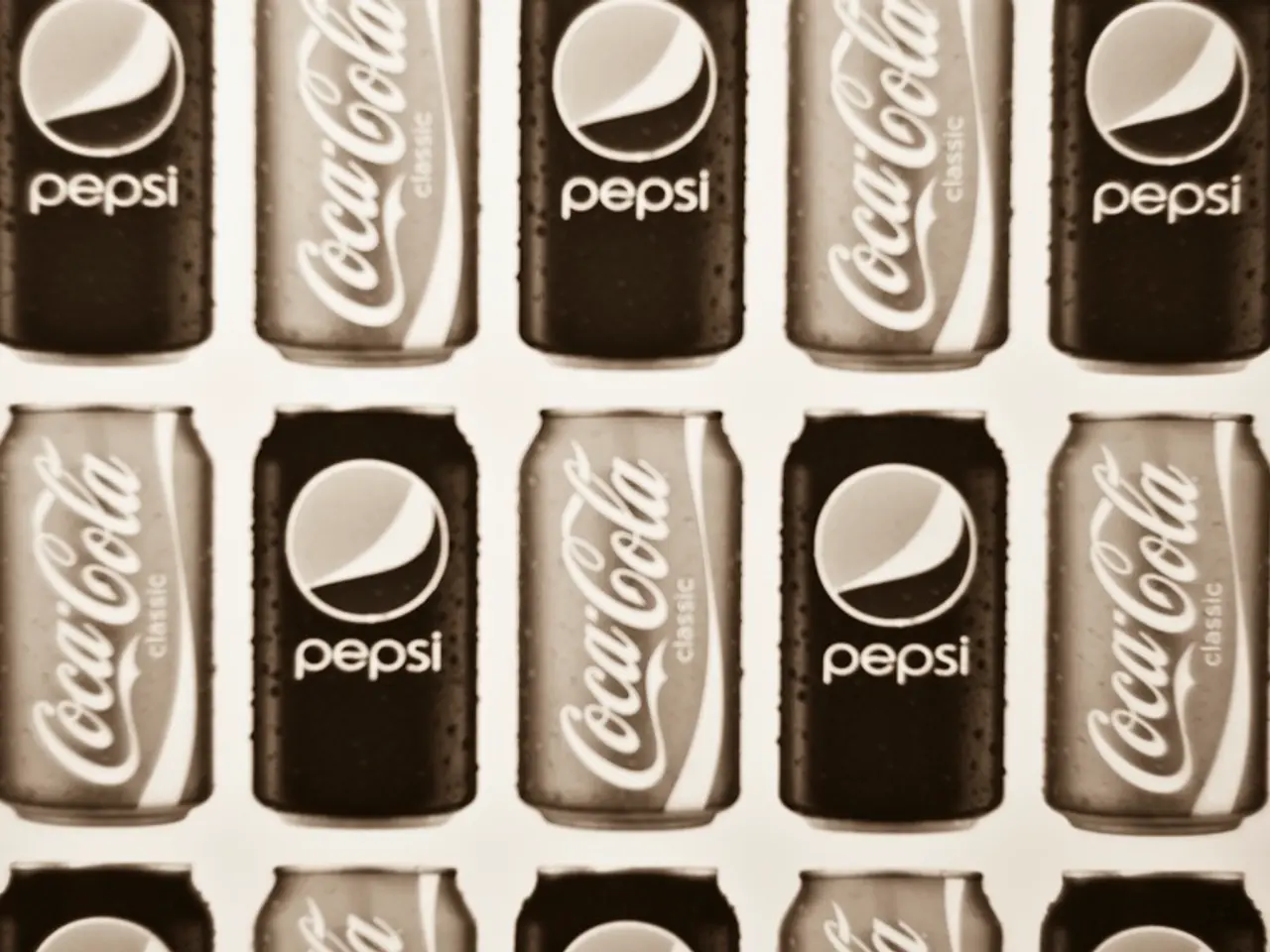Unsorted plastic waste, including dirty trash, can be recycled efficiently using a novel catalyst.
A groundbreaking discovery by chemists at Northwestern University and Purdue University could revolutionise the way we recycle plastic waste. The new catalyst, based on nickel - an Earth-abundant metal - has the potential to bypass the costly and labour-intensive step of sorting plastic waste by type in plastic recycling.
In a remarkable test, the catalyst converted nearly all isotactic polypropylene into liquid hydrocarbons in just 20 minutes. This chemical sorting trick, never seen before in recycling, could significantly increase recycling rates for polyolefins, which are currently less than 10%, sometimes under 1%.
The new catalyst turns low-value polyolefins into liquid oils and waxes that can be reused as lubricants, fuels, or candle wax. It is a single-site organonickel catalyst anchored to a "superacidic" support of sulfated alumina. The catalyst's activity drops after use, but it can be regenerated with a simple aluminum-based treatment.
The difficulty in sorting polyolefins is a major hurdle in plastic recycling. The new catalyst, however, can potentially recycle common polyolefin plastics, making recycling more efficient, practical, and economically viable. Moreover, it could potentially recycle polyvinyl chloride (PVC), a notorious recycling contaminant.
The new catalyst works at lower temperatures (around 200°C) compared to brute-force methods like pyrolysis. This is a significant advantage as it reduces the energy required for the recycling process. The catalyst's developers, Yosi Kratish and Tobin Marks, believe this could pave the way for a more sustainable and efficient plastic recycling industry.
As global plastic production is expected to nearly triple by 2050, the need for breakthroughs in plastic recycling is paramount. This new catalyst could be a crucial step in addressing the plastic waste crisis and moving towards a more circular economy.
More than 220 million tons of polyolefins are produced annually. With this new catalyst, we may soon see a significant increase in the recycling of these materials, contributing to a cleaner and more sustainable future.








